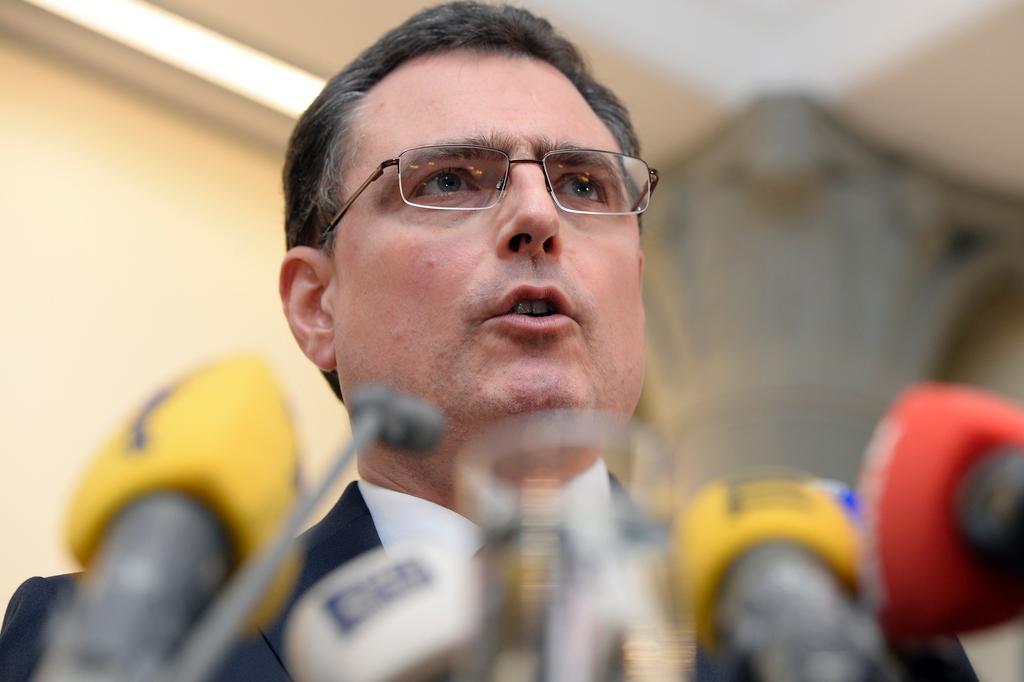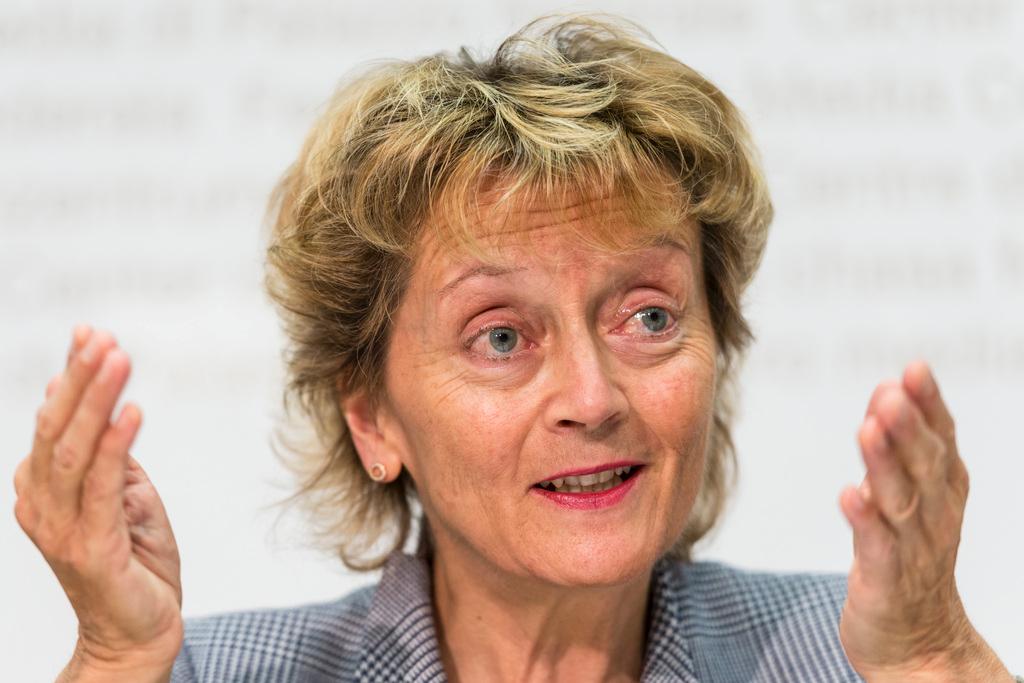IMF critical of franc-euro ceiling decision

The International Monetary Fund (IMF) questioned Switzerland on Monday for ignoring its advice last year, saying the Swiss National Bank’s decision to scrap its exchange rate ceiling has weakened the country’s economic outlook.
In its annual review of Switzerland, the Washington-based IMF – whose first key recommendation last year was to maintain the minimum exchange rate of CHF1.20 per euro – said the SNB’s surprise policy reversal “has left the Swiss franc overvalued and weakened the near-term outlook.”
The Swiss central bank jolted world markets on January 15 when it concluded that its “exceptional and temporary measure” that had been in place since September 2011 was no longer needed.
Before then experts had viewed the minimum exchange rate as a last-ditch “nuclear option” to prop up exports and tourism, which suffer when the franc soars as a popular safe haven currency. But once it began, the temporary policy of unlimited currency interventions was seen as largely successful in stopping the export-sapping rise of the Swiss franc and fending off safe-haven flows from the debt-troubled eurozone.
Now, with a weaker outlook forecast, the IMF said the Swiss economy can be expected to slow while inflation becomes more negative. It forecast GDP growth easing to around 0.75% this year, mainly due to weaker net exports. That would represent a big slide from last year’s 2% GDP growth.
“The strong franc, together with lower oil prices, is also likely to drive inflation down to around -1.5% by late 2015,” the IMF said in a statement. Inflation was 0.8% on the year as of February.
Kevin Fletcher, an advisor in IMF’s European department who is responsible for the Swiss review, told a news conference in Bern the economy is expected to gradually recover to 2% GDP growth and around 1% inflation.
“The central scenario is certainly subject to some risk,” he added, pointing to factors such as very low inflation, uncertainty about relations with the European Union because of last year’s Swiss immigration vote and the potential for surprises in the global economy.
The Swiss authorities, who outnumbered the IMF officials at the news conference, told reporters they concur for the most part. “There is broad agreement with the overall assessment,” Alexander Karrer, Deputy State Secretary of the Federal Department of Finance, told reporters.
To help limit the expected near-term slowdown in growth and reduce risks from “very low inflation,” the IMF’s first key recommendation this year is for the Swiss to ease monetary policy further. That could be done, the IMF suggested, through “a programme of pre-announced asset purchases” – as opposed to the shock decision earlier this year that caught markets by surprise.
“Easing would help limit the near-term growth slowdown and less exchange rate overvaluation,” it said. “Boosting inflation closer to 2% over the medium term would also reduce risks associated with operating in a low-inflation environment.”
Fletcher also said Switzerland should leave its negative interest rates in place.
Other key recommendations are that the Swiss authorities allow fiscal automatic stabilizers to operate freely; adopt pension reforms such as equalizing retirement ages for women and men; raise banks’ minimum leverage ratio requirements; and reduce conflict of interest for bank auditors.

In compliance with the JTI standards
More: SWI swissinfo.ch certified by the Journalism Trust Initiative




You can find an overview of ongoing debates with our journalists here . Please join us!
If you want to start a conversation about a topic raised in this article or want to report factual errors, email us at english@swissinfo.ch.